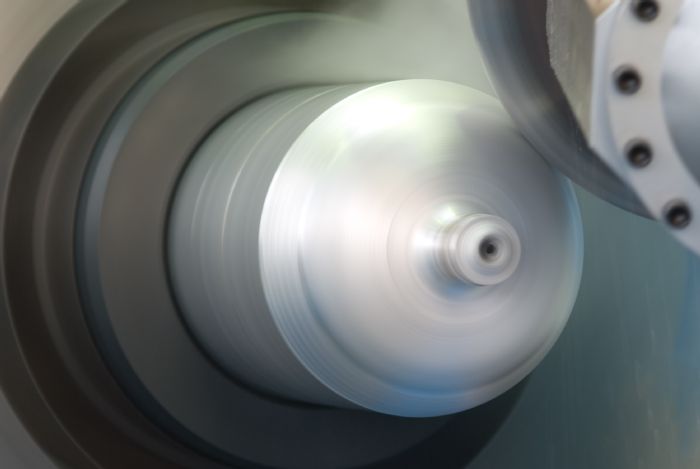Leifeld’s Aluminum Forming Center Takes on Production of Robust Hydrogen Tanks
February 15, 2024Comments
 When it comes to producing aluminum hydrogen tanks, fabricators require flexibility in shaping, in terms of sophisticated neck geometries and wall-thickness gradients for high operating pressures. To that end, Leifeld Metal Spinning GmbH has developed an innovative forming machine—the Aluminum Forming Center (AFC)—that meets these forming requirements while also helping to reduce CO2 emissions. The AFC forms the ends of the aluminum cylinders using a special necking-in process that optimizes the entire neck area in its wall-thickness profile, company officials say, to improve durability. In addition, Leifeld offers a machine type that combines the necking-in process with flow forming to form the entire pressure-vessel body and the necks.
When it comes to producing aluminum hydrogen tanks, fabricators require flexibility in shaping, in terms of sophisticated neck geometries and wall-thickness gradients for high operating pressures. To that end, Leifeld Metal Spinning GmbH has developed an innovative forming machine—the Aluminum Forming Center (AFC)—that meets these forming requirements while also helping to reduce CO2 emissions. The AFC forms the ends of the aluminum cylinders using a special necking-in process that optimizes the entire neck area in its wall-thickness profile, company officials say, to improve durability. In addition, Leifeld offers a machine type that combines the necking-in process with flow forming to form the entire pressure-vessel body and the necks.
The process is completed by controlled loading and unloading, as well as automated programming. "Maximum safety, increased flexibility, and a contribution to CO2 reduction, combined with our technology promise—these are the innovations the automotive industry needs," says Oliver Reimann, CEO of Leifeld Metal Spinning GmbH.
Hydrogen tanks operate under immense pressure, explains Benedikt Nillies, Leifeld technical director, adding: “Any defects on the surface would be catastrophic.” To prevent damage to the material, the R&D team, led by Nillies, developed several solutions. For example, the heating of tube ends in the machine. "Normally, the tube ends are heated by a gas oven or an induction system outside the machine," says Nillies, “and during subsequent loading, the component cools down. To prevent this, the AFC machine uniformly heats the tube ends, either by an integrated heating device with a gas burner or via an electrical induction process. We can precisely adjust the temperatures to the desired level, avoiding coarse grain formation and preserving the material's strength."
To keep the workpiece surface intact, Leifeld offers various spinning rollers, from simple necking-in rollers to actively driven forming rollers. The rollers rotate upon contact with the part, preventing surface defects by avoiding material buildup on the roll. The design of the support device allows it to absorb the forming forces even with very thin wall thicknesses. The support system can handle parts to 6 m long.
See also: Leifeld USA Corp., Leifeld Metal Spinning GmbH
Technologies: Other Processes
Comments
Must be logged in to post a comment. Sign in or Create an Account
There are no comments posted. Other Processes
Other ProcessesLeadership Change at MJC Engineering & Technology
Wednesday, May 1, 2024
 Other Processes
Other ProcessesLeifeld Metal Spinning Acquires Boese Systems
Tuesday, August 15, 2023





